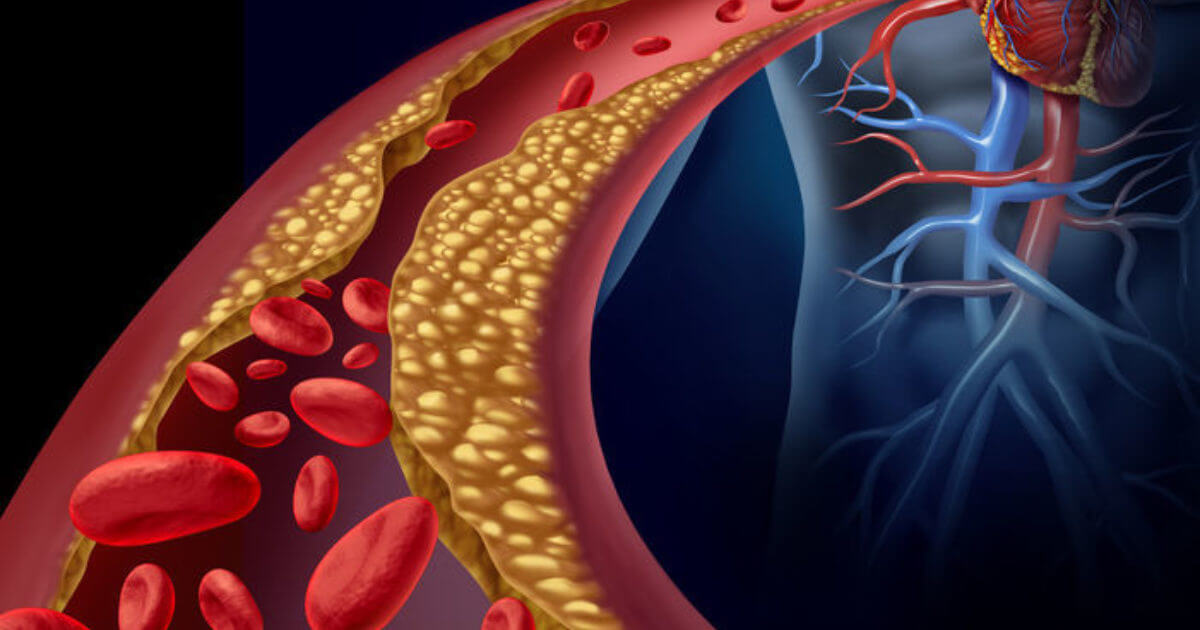Calls for Ukraine
Calls for Europe
Calls for USA

In a recent study published in Nature Cardiovascular Research, a team led by scientists at New York University Grossman School of Medicine examined the role of immune checkpoint molecules in the development of atherosclerosis in humans.
They investigated how diabetes and lipid-lowering therapy affect immune interactions in arterial plaques. By mapping the expression of immune checkpoints, the study authors sought to understand the potential cardiovascular risks associated with immune checkpoint inhibitor therapy used in cancer treatment.
In the present study, the scientists analyzed the expression of immune checkpoints in human atherosclerotic plaques. They examined carotid plaques from 22 patients who had undergone carotid endarterectomy procedures.
In addition, extended mapping of ligand-receptor interactions was performed to examine cellular communication mediated by immune checkpoints, focusing on molecules such as CTLA4, PD-1, LAG3, and others targeted by investigational immune checkpoint inhibitors approved by the Food and Drug Administration (FDA) for the treatment of cancer.
The study also assessed the impact of cardiometabolic factors by evaluating immune checkpoint gene expression in plaques from patients with and without diabetes and those receiving lipid-lowering therapy.
In addition, lipid-modifying interventions in mice were performed to understand the role of cholesterol in the dynamics of immune checkpoints.
The study included data analysis where spatial mapping and multiplex immunofluorescence techniques were used to validate the findings. Immune interactions were studied using artificial intelligence-based cell segmentation and digital diagnostics of pathologies. Pathway analysis was also performed to identify immune regulatory networks and the impact of immune checkpoint expression on plaque inflammation to validate the experimental results.
Results
Overall, the study showed a complex role of immune checkpoints in the development of atherosclerosis, which is further shaped by cardiometabolic factors and immunomodifying therapy.
The results also showed that immune checkpoint inhibitors can enhance plaque inflammation.
The findings provided insight into how to reduce cardiovascular risks in cancer patients treated with immune checkpoint inhibitors and provide a basis for developing safer therapeutic strategies.
Please rate the work of MedTour
